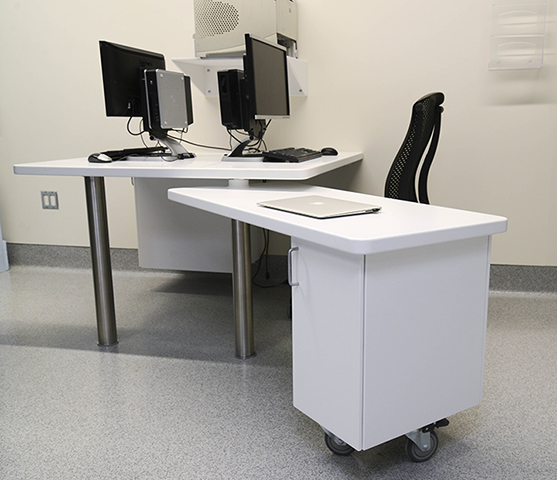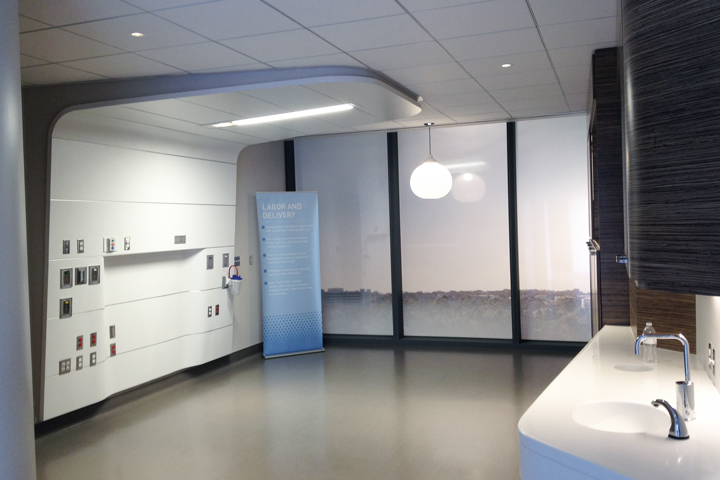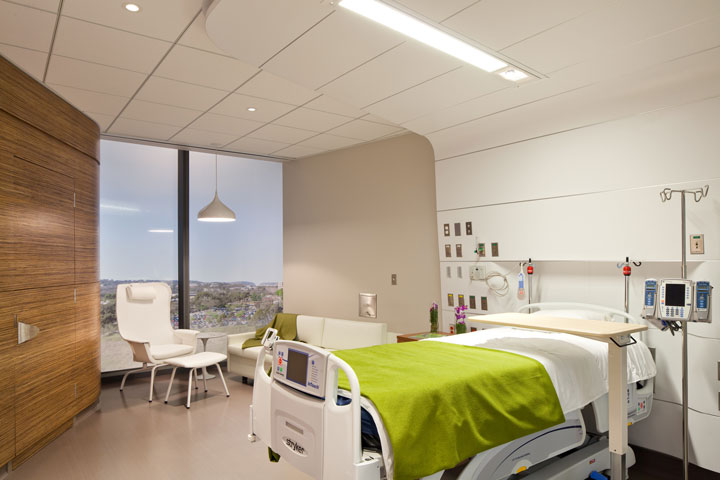Mass customization in healthcare
Many industries are seeing the benefits of mass customizing their products, allowing them to give customers and clients a product specific to their wants and needs for the same time and money costs as a mass-produced item. Indeed, the ability to build a product for one specific customer without charging him or her thousands of dollars extra is revolutionary, and the concept is applicable to many industries—the food industry (Subway: Have it your way) the hospitality industry (think hotels), the clothing industry (Nike ID, anyone?), and more.
One industry well-suited to mass customization is the healthcare industry. Here’s a look at the benefits of mass customization in healthcare.
Healthcare needs
Healthcare facilities serve a diverse range of people with varying needs, wants and preferences. Moreover, the environment is stressful. Nobody wants to be in a hospital. Patients don’t want to be on a hard hospital bed. Family members don’t enjoy watching a loved one struggle or feel pain. Try hard as healthcare designers and staff might, the healthcare experience can never be great, because the reasons for being there in the first place aren’t exactly wonderful.
With this in mind, though, healthcare designers and product manufacturers can do their best to make the experience as good as possible, and this begins with the products. Patients want an experience suited to their needs and wants. They want some control of their room, of their bed, of their care. Products that allow this kind of patient-centered care are the most efficient way to achieve this.
Further, products that enable staff to adjust the product to meet their needs and make their work more accommodating and efficient enhances the patient experience, making it the best it can possibly be.
It’s clear, then, that flexible products are essential in healthcare. Mass customization provides a solution.
[Tweet “”Flexible products are essential in healthcare. Mass customization provides a solution.””]
Customizable products
Customizable products have worked their way into many sectors and industries. When incorporated in a manner that makes sense for both the business and the customer, customized products are a win for all.
But how is that double win achieved?
For the business creating the product, the customization must be cost-effective. If customization will cost the business or manufacturer hundreds of dollars extra in engineering time, labor and material cost, it’s not necessarily a great option for the business.
The same is true for the customer. A customized product shouldn’t cost them triple the price of a mass-produced item, and it shouldn’t take twice as long to receive the customized product either.
If a business can find a way to please the customer with a customized product without themselves losing money and time, customization works. Anyone who can purchase a product created specifically for them will like and appreciate the item more.
Mass customization makes all of this possible. Subway, for instance, lets customers “have it their way” for only $5 a sandwich. That sandwich is made on demand, upon the customer ordering it. It’s made for one person only, and if that one person wants double mayo with one pickle cut in half and a sliver of mustard, it won’t take 20 minutes longer to make that sandwich, and it will still only cost $5.
Mass customization solves the needs of the customers without harming the business, which is why many industries have embraced this new manufacturing method. In the healthcare industry, too, mass customization is highly beneficial, and it helps enhance the patient experience. Here’s a look at some of the uses of mass customization in healthcare and how this method is beneficial.
Mass customization in healthcare
We’ve discussed the many needs of those in healthcare facilities, and we’ve mentioned the main aspects of mass customization and how it benefits both the customer and the manufacturer. It’s clear, then, that mass customization has a place in healthcare. In stressful environments where each user is different, mass customization of healthcare furniture, products and tools can boost patient satisfaction and staff efficiency.
Mass customization can come into play in healthcare in a variety of ways. One example that hits close to home for Shield is the headwalls we manufactured for the UCSD Jacobs Medical Center. The client needed a specific headwall to meet its needs, the patients needed a headwall that would improve their experience and give them more control, and staff needed a headwall that would enhance their work efficiency.
With Cannon Design, we designed and manufactured hundreds of headwalls for the center, building them in the most efficient way possible so as to keep the cost of the headwall low. The client received a customized solution that meets not only their needs, but also the needs of future patients and staff members.
Another example of mass customization in healthcare is the documentation station we built for KU Medical Center. Similar to the headwalls, this documentation station was produced according to the client’s specific needs. One of the most important aspects of this documentation station is its customizability. Staff have the ability to sit or stand while in the operating room, and customizable storage space allows staff to use the station in a way that best fits their needs. The customizability of this station allows staff members to be more efficient in their work, contributing to a great patient experience and higher operation success rate.
Staff have the ability to sit or stand while in the operating room, and customizable storage space allows staff to use the station in a way that best fits their needs. The customizability of this station allows staff members to be more efficient in their work, contributing to a great patient experience and higher operation success rate.
These documentation stations were created with a specific user in mind, but the time to produce them was not significantly longer than similar mass-produced products. Moreover, the price for these stations is as affordable as stations of similar quality.
With solutions such as these and many more, healthcare facilities can offer patients and staff a better experience that fits their needs, and they can offer this experience without the $500 up-charge.[vc_separator type=”transparent” up=”20″ down=”20″]
[vc_separator type=”transparent” up=”20″ down=”20″]






Sorry, the comment form is closed at this time.